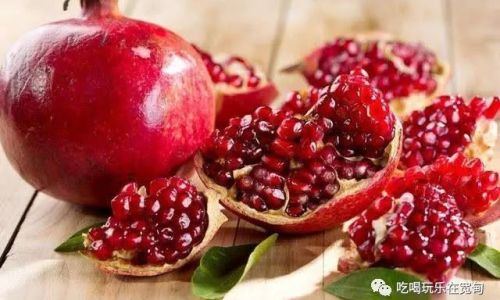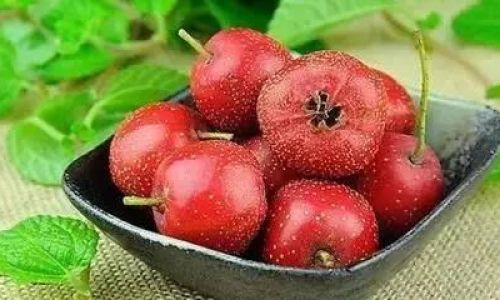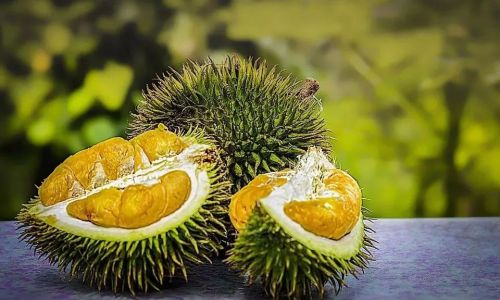In the realm of nutrition and wellness, the timing of our meals and snacks can significantly impact our overall health and well-being. While fruits are generally hailed as nature’s candy, packed with vitamins, minerals, and antioxidants, not all fruits are suitable for consumption at night. The digestive system slows down during the evening and night hours, making it challenging for the body to process certain types of food efficiently. This article delves into the world of fruits that might be best avoided in the evening, providing insights into why these choices could disrupt sleep, cause digestive discomfort, or even lead to weight gain. By understanding which fruits to steer clear of at night, we can make more informed decisions about our evening snack options, fostering better health and improved sleep quality.
Understanding the Digestive Process at Night
Our bodies operate on a circadian rhythm, a natural internal clock that regulates various bodily functions, including digestion. During the day, our digestive system is more active, breaking down food efficiently and absorbing nutrients. However, as the day progresses and we approach nighttime, our metabolism slows down. This shift is part of our body’s preparation for rest and repair. Consuming heavy or difficult-to-digest foods late in the evening can overload the digestive system, leading to discomfort, indigestion, and even insomnia.
Fruits, while generally healthy, contain varying amounts of sugar, fiber, and acidity. Some fruits are easier on the digestive system than others, and understanding which ones to avoid at night can help prevent nighttime digestive issues and ensure a more restful sleep.
Fruits to Avoid at Night: An In-Depth Look

-
Cherries
While cherries are rich in antioxidants and have been linked to improved sleep quality due to their melatonin content, they are also high in natural sugars. Eating cherries late at night can cause a spike in blood sugar levels, potentially disrupting sleep later in the night as the body tries to regulate blood glucose. Additionally, their high fiber content might cause bloating or gas if consumed close to bedtime. -
Grapes
Grapes, especially the seeded varieties, contain a significant amount of tannins, which can be harsh on the digestive system. They are also high in sugar, leading to similar blood sugar spikes as cherries. Eating grapes at night might lead to feelings of fullness or discomfort, making it difficult to fall asleep comfortably. -
Pineapple
Pineapples are known for their high bromelain content, an enzyme that aids digestion. However, they are also rich in sugar and acidity. The acidity can irritate the stomach lining, causing heartburn or indigestion, especially when consumed on an empty stomach or late at night. The sugar content can also keep you awake if consumed too close to bedtime.
-
Mangoes
Mangoes are tropical delights packed with vitamins A and C, but they are also high in natural sugars. Their sweet taste makes them tempting as a nighttime snack, but the sugar load can disrupt sleep patterns by causing energy spikes followed by crashes. Mangoes are also relatively high in fiber, which might cause bloating or discomfort if eaten late. -
Cranberries
Cranberries are renowned for their antibacterial properties and are often recommended for urinary tract health. However, they are extremely acidic and can cause stomach upset, particularly when consumed at night. Their tartness can lead to acid reflux or heartburn, making it difficult to relax and fall asleep. -
Figs
Figs are a nutritious snack rich in fiber, minerals, and antioxidants. However, their high fiber content can cause bloating and gas, especially if eaten late at night. Additionally, dried figs are concentrated in sugars, making them a less ideal choice for nighttime consumption due to their potential to disrupt sleep.
-
Watermelon
Watermelon is a refreshing summer fruit with a high water content, making it hydrating and low in calories. However, its high sugar content can be problematic when consumed late at night. The rapid absorption of sugar into the bloodstream can interfere with melatonin production, a hormone crucial for sleep regulation.
Making Healthier Choices: Tips for Evening Snacking
To make healthier choices about evening snacks, consider the following tips:

- Opt for Low-Sugar Fruits: Choose fruits like berries, which are low in sugar but high in antioxidants.
- Mind the Portion Size: Even with fruits that are generally safe for nighttime consumption, portion control is key. Eating too much of any food can cause discomfort.
- Pair with Protein or Fat: Eating fruits with a small amount of protein or healthy fat (like a handful of nuts or a small piece of cheese) can help slow the absorption of sugar into the bloodstream, preventing spikes and crashes.
- Listen to Your Body: Pay attention to how different fruits make you feel after eating them. If you notice that a particular fruit disrupts your sleep or causes digestive issues, it might be best to avoid it at night.
In conclusion, while fruits are an essential part of a balanced diet, choosing the right ones at the right time is crucial for maintaining optimal health and ensuring a good night’s sleep. By avoiding certain fruits at night and making informed snack choices, we can support our body’s natural rhythms, foster better digestion, and enjoy restful, rejuvenating sleep.






0 comments